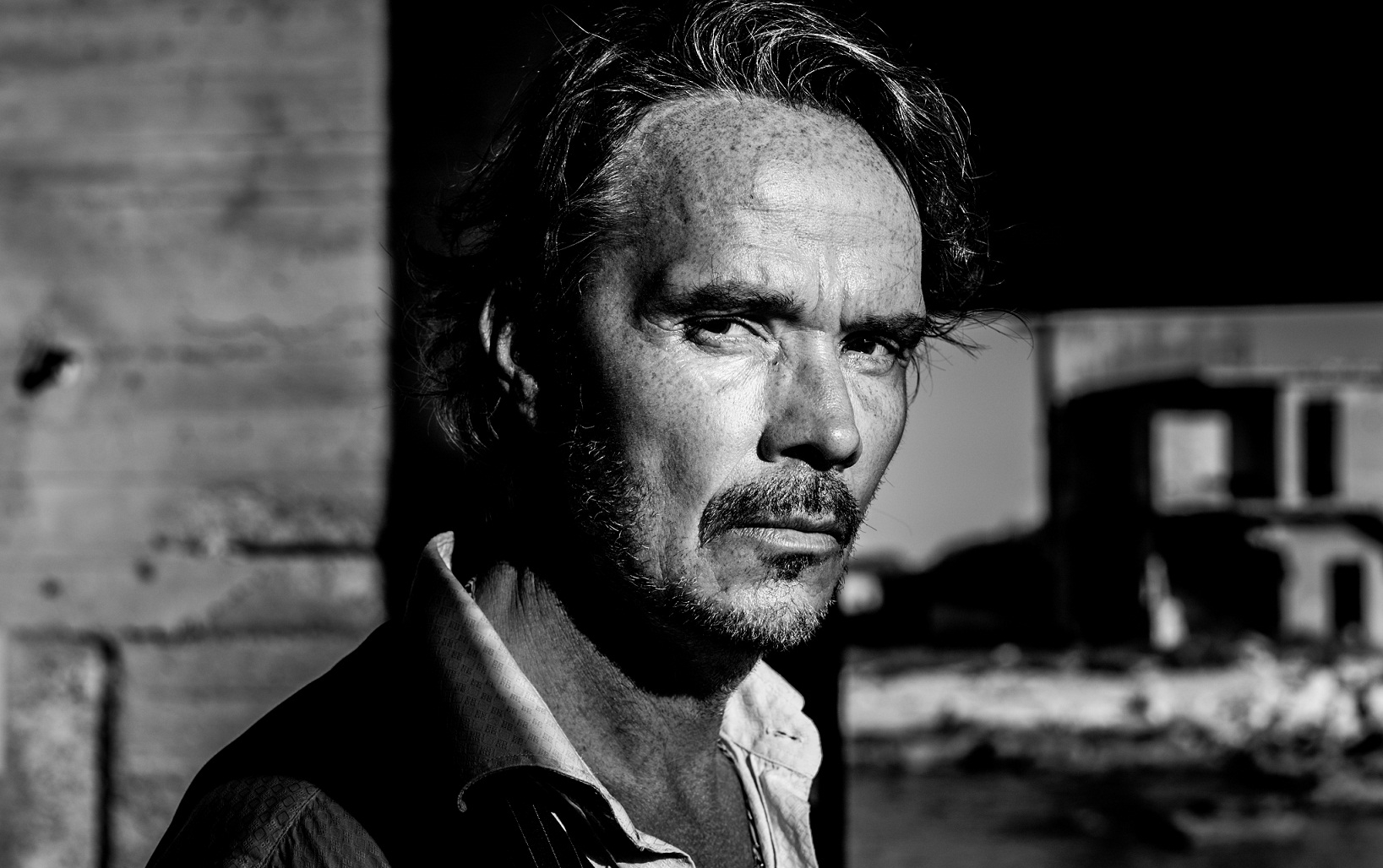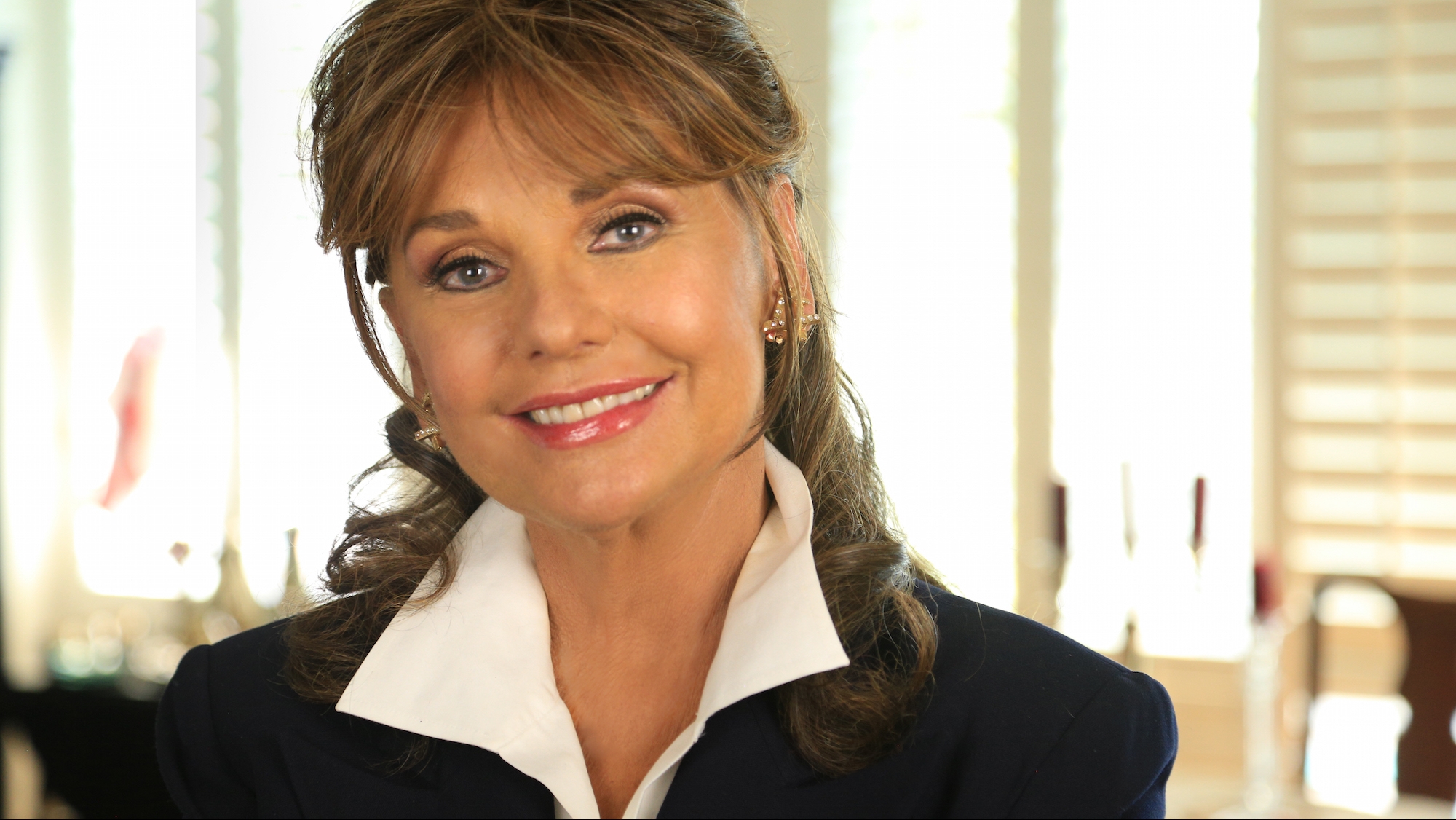“In the past I’d written by commission for screenplays,” says Race of his previous work writing for films such as Ghosts… of the Civil Dead. “So they were disconnected from me on a personal level.” Having written music for an eclectic mixture of genres, Race says writing the book was again an altogether contrasting experience. “Obviously songs are very different; they can be really personal but there’s always a hazy window between the writer and the song itself.” When it came to Road Series, however Race says “I found with the book those filters didn’t exist anymore.”
Road Series begins in a grimy punk share-house during 1981. The landscape is dilapidated and raw, serving as a precursor for the passage to come. “There was the great strength of naivety,” says Race. “I’m not sure if that’s so easy to capture in 2016. The key difference is the Internet and since most things are available third-hand, I think that changed the way we experience things.” Race contrasts this current day refelection to his experience of adolescence in St Kilda. “In the beginning of the ’80s I was very naive and so were a lot of my cohorts, simply because we didn’t have access to a lot of things,” he says. “We had more freedom, in a paradoxical kind of way.”
From St Kilda, Race’s memoir accelerates to Europe and America, before weaving seamlessly amid settings that include Berlin, the Czech Republic, Mali, Italy, Brazil and beyond. Of all these destinations, Race has a special fondness for the time spent in Berlin during 1989. “There’s something really special about being 25-years-old, I remember that time of life,” says Race. “The episode that happens in Berlin was when I was 25 and I remember that incredible sensation of experiencing and feeling things for the first time. That first time is a really important part of what I’m trying to say, because it turns you inside out and blows your head off in the way that perhaps never really happens again.”
However, nostalgic is not a word that one would use when describing Race. “Honestly, I’ve got both eyes staring into the future,” he explains. “As strange as it may seem after writing a memoir, I don’t think of the past at all. It was interesting virgin territory as I hadn’t thought through a lot of things. In some ways it liberated me. I hate the word catharsis, but it did liberate some dark corners of my mind. I shone some light into those corners.”
Rather than reminiscing with rose-tinted glasses, in Road Series Race delves into some incredibly grim subject matter. “The rough edges of those memories softened, once I began to think about them and put them in context,” says Race. “We never stay the same. We’re constantly evolving through life. So you don’t necessarily feel the raw wounds all over again.”
Race mentions that it was still painful to write his way through some of the chapters from his travels. “There were certain things I really didn’t want to write, but the book demanded I include certain episodes,” he says. “Without them, the rest of it wouldn’t make any sense. Once I got over the initial hurdle of talking about things that I found a little disturbing, I felt a kind of exhilaration in the way of perhaps laying old ghosts to rest.”
Race has had an unbelievably successful career, miles ahead of what many people will ever achieve. However he makes it exceedingly clear that no creative process should be based on the pursuit of success alone.
“Success itself is not that significant,” says Race. “Any small success or the stratospheric success that some of my friends have enjoyed never really brought anyone that much satisfaction. Even when people earned a lot of money in the process, the money seemed to have karma of its own.
“I think the way our society is set up is definitely success-orientated, which has been very much overstated due to economic liberalism over the past 25 years,” Race says. “Everyone that’s grown up in that period has been surrounded by propaganda regarding success as the objective of a career path. I would say it’s not actually about success. It’s about expressing yourself and in the process, finding out who you really are. If you can survive while you’re doing that, then you’re going to make some pretty profound realisations which will really give you something to work with.
“When you have ideas that seem improbable or undoable or not the kind of thing you think people are going to want to read or hear or see, it’s probably those ideas that are the best ones − anything that shakes up the status quo.”
BY BEL RYAN







